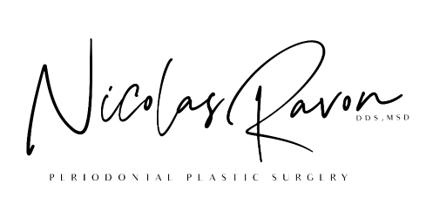Introduction:
Periodontal health, often overlooked in our daily oral care routine, plays a pivotal role in our overall well-being. The significance of dental health cannot be overstated, encompassing everything from maintaining strong teeth to preventing systemic diseases. In this blog, we delve into why periodontal health matters and how you can ensure optimal oral hygiene for a happier, healthier life.
Understanding Periodontal Health:
Dental health refers to the condition of the tissues surrounding and supporting the teeth, including the gums, periodontal ligaments, and alveolar bone. When these tissues are healthy, they provide stability and protection to the teeth, allowing them to function properly. However, when periodontal health is compromised, it can lead to various oral health issues, such as gum disease and tooth loss.
The Link Between Periodontal Health and Overall Health:
Emerging research has highlighted the intricate connection between periodontal health and overall health.
Several systemic diseases, including diabetes, cardiovascular disease, and respiratory infections, have been linked to an increased risk by poor periodontal health. This is because the bacteria associated with gum disease can enter the bloodstream, triggering inflammation and contributing to the development of these conditions.
Maintaining Periodontal Health:
Fortunately, maintaining good periodontal health is achievable with a few simple steps:
- Proper Oral Hygiene: Brushing your teeth twice a day and flossing daily helps remove plaque and bacteria from the teeth and gums, reducing the risk of gum disease.
- Regular Dental Check-ups: Regular visits to the dentist allow for early detection and treatment of any potential issues, preventing them from escalating into more serious problems.
- Healthy Lifestyle Choices: Eating a balanced diet, avoiding tobacco products, and managing stress can all contribute to better dental health.
- A dental hygienist performs professional cleanings to remove plaque and tartar buildup that brushing and flossing alone cannot eliminate.
The Benefits of Good Periodontal Health:
Investing in your periodontal health yields numerous benefits, including:
- Stronger Teeth: Healthy gums and supporting tissues provide a solid foundation for the teeth, reducing the risk of tooth loss.
- Improved Overall Health: By maintaining good periodontal health, you can lower your risk of developing systemic diseases and improve your overall quality of life.
- Enhanced Confidence: A healthy smile boosts self-esteem and confidence, allowing you to interact with others more comfortably.
Conclusion:
Dental health is a cornerstone of overall well-being, with implications that extend far beyond the mouth. By prioritizing proper oral hygiene habits and seeking regular dental care, you can safeguard your dental health and enjoy a lifetime of healthy smiles. Remember, a healthy mouth equals a healthier you!
FAQs
What is periodontal disease?
Periodontal disease, or gum disease, is an inflammatory condition affecting the tissues around the teeth due to plaque buildup.
What are the signs of periodontal disease?
Signs include red, swollen gums, bleeding, bad breath, receding gums, and loose teeth.
How is it diagnosed?
Dentists diagnose it through gum examination and sometimes X-rays to assess bone loss.
What are the risk factors?
Poor oral hygiene, smoking, genetics, systemic diseases like diabetes, hormonal changes, certain medications, and diet.
Can it be prevented?
Yes, with good oral hygiene—brushing, flossing, a healthy diet, avoiding tobacco, and regular dental check-ups.
What are the treatments?
Treatments range from improved oral hygiene to deep cleaning, antibiotics, and surgery for severe cases.
How does it affect overall health?
Periodontal disease is linked to systemic conditions like diabetes and cardiovascular disease.
How often should I visit the dentist?
Generally, every six months, though your dentist may recommend more frequent visits based on your needs.
Can it be reversed?
Proper oral hygiene and dental care can often reverse early-stage gum disease.
Is it hereditary?
Genetics can play a role, but good oral hygiene and a healthy lifestyle can help reduce the risk.


